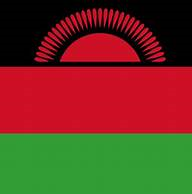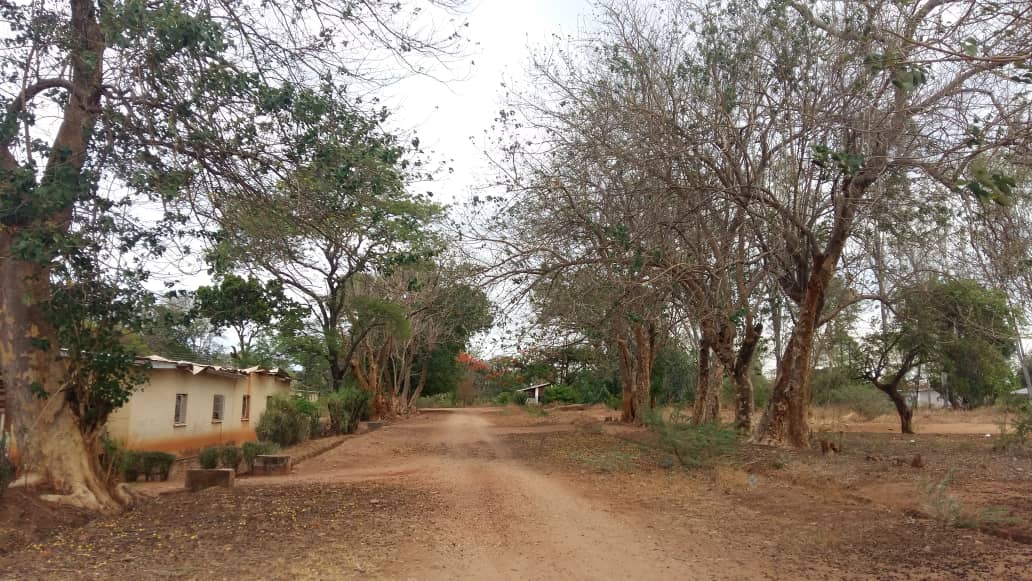Literacy is generally understood to mean the ability to read and write in at least one method of writing. In that case 62.1% of Malawians are literate. Unimpressive, but the key phrase in this definition of literacy is: “in at least one method of writing”.
In reality, nearly 100% of all Malawians above 15 are able to read, just not read in the “method” (meaning language) that holds education and is demanded in formal settings. This essentially means that though the majority of Malaŵians can read and fully comprehend in a specific method (chichewa, Chitumbuka etc), the government chooses another method (English) and the popular method is denied the development that was given to English (by the west), thus preventing it from being used in education and most other spheres of daily life.
So if English barred a good majority of Malawians from attaining a full education, why then not just drop the official language that serves no one but a small class of those that mastered the coloniser’s tongue? A language that even after more than a century of being a so called English speaking country we have not adopted as a day to day language? It is the legacy of colonialism and today our very own country men in that English speaking class would like to hold on to the privilege English brings them, understanding that not everyone will be able to master this tongue. Worse, to properly validate their position on keeping English’ status however, they claim that English keeps us as an African country in sync with much of the world, that it fosters some kind of unity among our people groups in this country that speak in different tongues, that our languages are too simple to handle the complex ideas that English does and that it would be a costly switch. No, once again the only real reason is that the educated class keeps it self small so they are able to boast over those they consider achimidzi (people of village and ‘uncivilised’ quality).
In reality, good diplomatic relations keep us in sync with our allies, not language. Unity is forged among African country-men with different native tongues through governments that build unified national identities by embracing diversity and not the annihilation of all but one cultural-linguist identity…. And what costs more than having 40% of your nation be unable to access education due to language? Definitely not the adoption of native tongues for said education.
There is no good reason we should not be able to read billboards in our own country. There is no good reason we should not be able to follow parliamentary debate because only English is allowed there. There is no good reason we should not be able to use phones and computers because the government does to push for tech companies to make their user interfaces available in our language, and there is absolutely no way to justify not choosing the obvious route to getting all Malawians educated.
Finally, on the issue of our languages being too simple to handle the complexity that English handles, there is something very important you must know about English, it is a creole language. They will never call it that because that sounds like a people of color thing, but it is true regardless. The original English language (which was not known as English at that point) was a language somewhat similar to German, so you could say modern German and English are cousins. That original English language went on to be mutated by Norse, a Norwegian like language and then French, Greek and Latin. What this meant is that a tradition of borrowing words into the English language was born, so a word like “Photosynthesis” an example of a word/concept deemed too complex for an African language is in fact not English at all but from the Greek words “phōs” meaning “light”, and sunthesis meaning “putting together”. So “putting together light” is what you are literally saying when you say “Photosynthesis”. Makes no sense right? Exactly, and it doesn’t make sense in the original Greek either, meaning it only makes sense as a word out its original Greek context, in English. So in that case both English and Greek lack the complexity to handle complex ideas on there own, just like African languages.
So you see the solution don’t you? Our African languages can carry complexity too if we put the through the same process of borrowing (from fellow African languages). The word “photosynthesis” as per our earlier example, in Chichewa could be “kubanyaungweru” borrowing from the Chitumbuka words “Kubanya” and “Ungweru” which means “to bring light together”.
Now just imagine going to Kwamasambiro (School) to learn Vya Umoyo (Biology) but being distracted by your Lamya (Phone) that gives you a mcheusko (notification) that reads “kelvin Gondwe na ŵanthu ŵanayi ŵanyekhe ŵatemwa chithuzi chako” (Kelvin Gondwe and 4 other people like you photo).
The story could go on and on because the possibilities are endless.
~ Anthony Munthali.



![Screenshot_2018-12-09-16-32-37[284]](https://youngafricanperspective.files.wordpress.com/2018/12/screenshot_2018-12-09-16-32-37284.png)